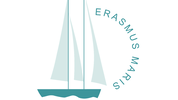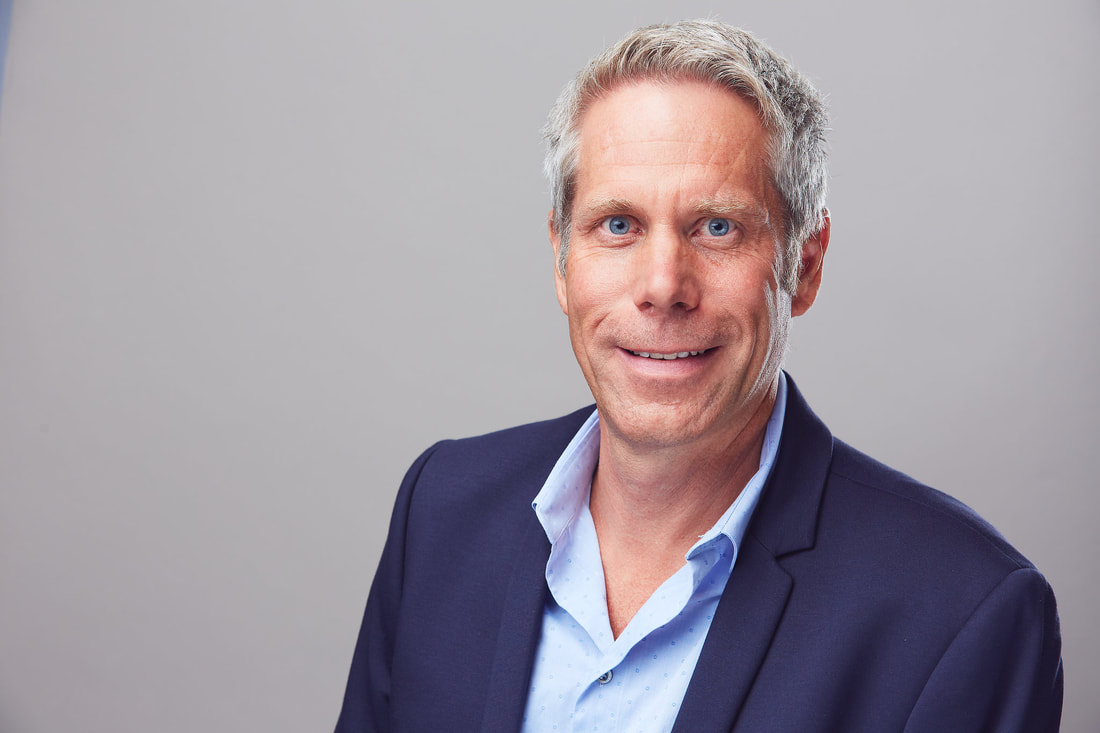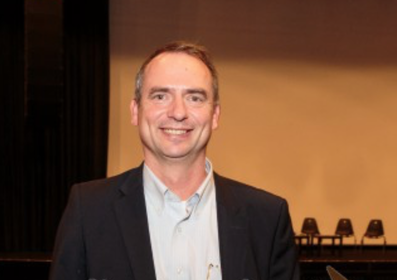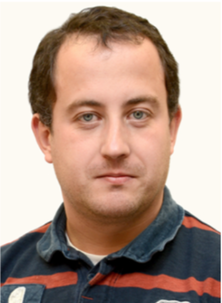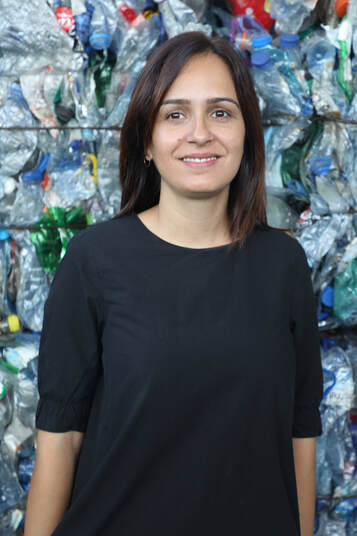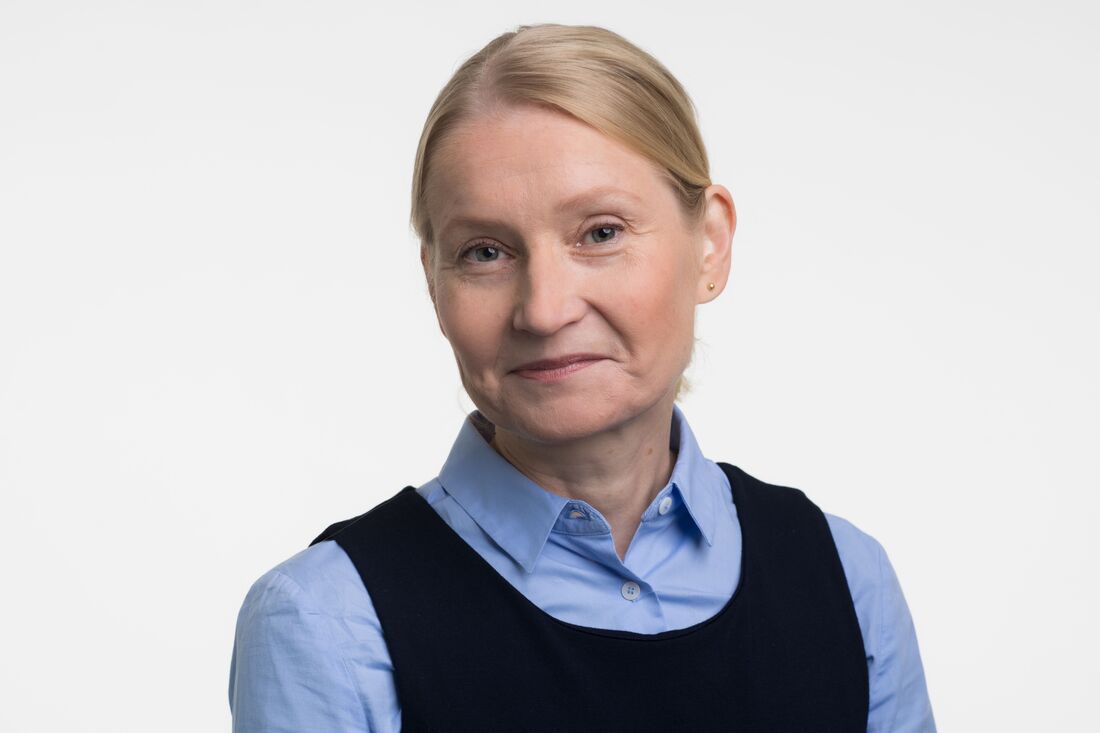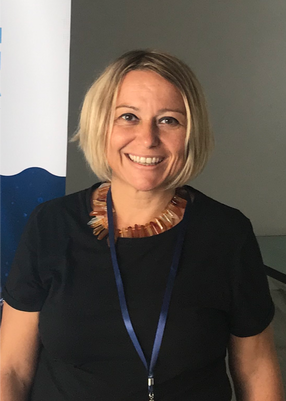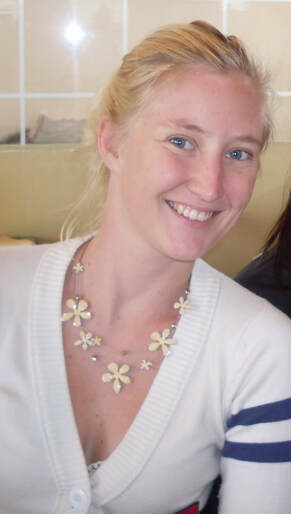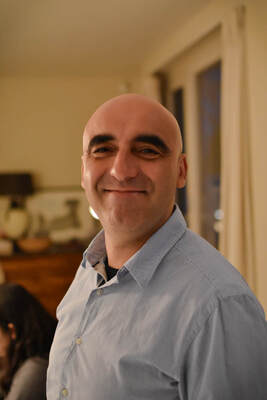|
Håkan Emteborg
European Commission DG JRC Since 2003 Håkan Emteborg is a Scientific project manager working for the European Commission’s Joint Research Centre in Geel, Belgium. In 2005 he became the group leader for the Reference Material Processing facility and since 2018 he is the laboratory manager for the Reference Material Production Laboratory. Before working for the JRC he held various post-doc positions in Belgium and Spain. His PhD is in Analytical Chemistry from Umeå University, Sweden and he authored more than 70 scientific papers in the field of analytical chemistry and standardisation / Reference Material Production. In the context of standardisation of microplastics measurements, he is leading the team at JRC-Geel that has produced the test-item to be used in the JRC-BAM Proficiency Test on microplastics in water that is currently under way. |
|
Andrej Kržan, Senior Researcher at the National Institute of Chemistry (SI) and associate professor at University of Nova Gorica is involved in studying environmental aspects of polymers and plastics covering topics such as recycling of plastics and polymers, biodegradable plastics, biobased plastics and plastic litter in the environment. He acts as coordinator in international projects and is actively involved in plastics pollution issues. He also coordinated the largest project on marine litter conducted in the Adriatic. Andrej has been actively involved in The Pedagogical sailboat project and support the creation of synergies between scientific research and education. He will chair the Open Science Seminar.
|
|
Jean-Marie Raquez PhD in Polymer Science from University of Mons, his main areas are the chemical modification and synthesis of polymer-based (nano)-composites issued from renewable resource using reactive extrusion processing. He is also in charge of national and regional projects, programs with industries and European Projects (H2020). In the realm, he has more than ca. 141 publications in international journals, 30 personal communications at conferences and is co-inventor of 7 patents. He co-edited 3 books and 21 chapters of book.
|
|
Filipa Bessa
MARE: Marine & Environmental Research Centre (Portugal) is a biologist and researcher at MARE – Marine and Environmental Research Centre from the University of Coimbra (Portugal), with a background on Marine Ecology and a PhD in Biosciences from the University of Coimbra in collaboration with the University of Florence (Italy). Her current research focus is related with the assessment of the effects of microplastic pollution on marine and coastal ecosystems. To this regard, she is involved in several national and European research projects and she is a member of the International Working Group “ Micro and Nano Plastics” in support of the European Commission Scientific Advice Mechanism (SAM). In the last three years she was involved in the BASEMAN research project – Defining the baselines and standards for microplastics analyses in European waters – focusing on the development of common methodologies to monitor microplastics in different environmental matrices. She coordinates projects related with innovative tools to detect and mitigate marine litter and associated with citizen science (the Portuguese app for map marine litter on sandy beaches: www-lixomarinho.app). In parallel, she is involved in several outreach activities and science communication initiatives (exhibitions, seminars and workshops) related with ocean literacy and plastic pollution. |
|
Maija Pohjakallio
Since 2019 Maija Pohjakallio works as a sustainability director at Sulapac, a Finland-based start-up focused on bio-based microplastic-free materials. During her career at VTT, Technical Research Centre of Finland, prior to Sulapac, she was involved in the development of the Finnish plastics roadmap acting as a member of the secretariat assisting the Ministry of the Environment. Maija has work experience in several fields including team leading, sustainability advocacy, chemical industry and research & teaching. She is a co-author of several chemistry textbooks, has 12 peer-reviewed scientific articles and two patents. Additionally, she has written over 50 popular science articles in Finnish magazines. Maija received her doctoral degree in 1996 from Helsinki University of Technology (currently Aalto-university) in physical chemistry and is particularly excited about combining chemistry with sustainable development. |
|
Mariacristina Cocca is researcher at the Institute for Polymers, Composites and Biomaterials of the Italian National Research Council. She is expert in the study of property-structure correlations of polymers and multi-phase polymeric systems. Her main research lines are related to the preparation and characterization of materials with functional properties for conservation of cultural heritage, energy and sustainable applications. She is responsible for IPCB of national and international projects focused on microplastics pollution topic. During the last years, she has developed expertise in the analysis and quantification of microplastics particularly that of fibrous shape.
|
|
Holly Nel
Holly is a Marine Scientist from South Africa who currently works as a Research Fellow at the University of Birmingham -UK. While in South Africa, Holly spent three years working as a Post-Doctoral Fellow at Rhodes University; studying the extent of microplastic contamination along the South African coast, in riverine tributaries and in the Sub-Antarctic. Currently, she leads various projects as part of the Leverhulme funded, 100 Plastic Rivers campaign. The project investigates the distribution of microplastics in rivers globally, in particular, how their physical and chemical properties differ, and how plastic particles may propagate through freshwater food-webs. Additionally, she studies mechanistic transport and accumulation patterns of microplastic fragments and fibres under variable hydrodynamic and sediment conditions using artificial flumes. Holly believes a big challenge we face as a society is the lack of tools available to accurately quantify microplastics and nanoplastics in the natural environment, especially by sectors with limited financial and personnel capacity. As a result, she spends a lot of her time developing protocols for various analytical techniques, such as Epifluorescence Microscopy, Thermo-Gravimetric-InfraRed-Gas Chromatography/Mass Spectrometry (TG-IR-GC/MS) and Confocal Raman. |
|
Delphine Leroy is a biologist and researcher at Scientific Institute of Public Service (ISSeP, Wallonia). She works in freshwater ecotoxicology and is responsible for a biomonitoring network in the frame of Water Framework Directive in Wallonia. She has a PhD in Science from the University of Liège on the ecotoxicological impacts of persistent organic pollutants on the freshwater crustacean Gammarus pulex. Her current research in the plastic area focuses on the detection of microplastic particles in freshwater fish and invertebrates.
|
|
Kamel Labibes
Kamel is a founding member of Ayam Sailing Europe, initiator and coordinator of The Pedagogical sailboat project. Kamel has worked as a senior researcher and coordinator of large scale projects in different sectors and disciplines (from nuclear and vehicle safety to artificial intelligence applied to autonomous vehicles). He holds four international patents and co-founded one of the first spin-offs of the Joint Research Centre of the European Commission in Ispra (Italy) where he was laboratory manager. He is now dedicating himself to creating links between scientific research and education in the frame of the protection of the marine environment using citizen science projects and the sailboat as a motivation factor to engage youth in scientific studies and careers. |
